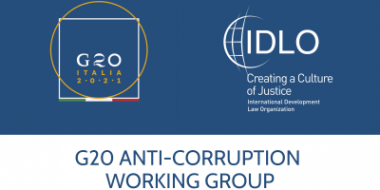Overcoming Land Disputes and Strengthening Women's Customary Rights
In June 2015, IDLO commenced the project: Researching the Impact of Land Tenure Registration on Land Disputes and Women’s Land Rights in Burundi.
Land Tenure Registration (LTR) programs involve issuing proof of ownership to holders of land rights to increase their legal certainty. Such programs are undertaken for a variety of reasons. While much is known about the impact of LTR on factors like access to credit and agricultural output, there is a gap in knowledge of its impact on land disputes, particularly in post-conflict settings.







